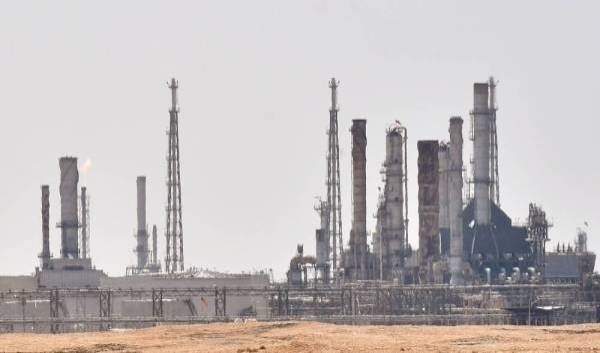In December, Saudi Arabia saw a significant increase in crude oil exports, reaching about 6.33 million barrels per day, the highest level in nine months. The rise in exports followed the decision by the OPEC+ alliance to delay the easing of planned production cuts until April and to slow the addition of supplies to the market. This move was made in response to concerns about the impact of the Omicron variant of the coronavirus on global oil demand.
According to tanker-tracking data compiled by Bloomberg, November export estimates were revised to 6.16 million bpd, compared to an initial estimate of 6.17 million bpd. Other estimates from sources like Kepler and Vortexa put Saudi oil exports in November at around 6.06 million bpd and 6.05 million bpd, respectively. The agreement reached by OPEC+ energy ministers extended current production targets until the end of 2026, with a gradual increase starting in April for the UAE.
Additionally, the first round of additional voluntary cuts has been extended until the end of 2026. A plan to phase out a second set of voluntary cuts of about 2.2 million bpd has also been delayed three times and will now start in April at a slower pace, with production restored over 18 months instead of the initially planned 12 months. This decision reflects the ongoing efforts of OPEC+ to stabilize the oil market and prevent any further volatility caused by oversupply.
The postponement of planned production increases and the extension of voluntary cuts indicate a cautious approach by the OPEC+ alliance in response to the uncertain global economic conditions. The alliance is closely monitoring the impact of factors such as the Omicron variant, supply chain disruptions, and geopolitical tensions on oil demand and prices. By maintaining a flexible approach to production targets and cuts, OPEC+ aims to ensure market stability and support oil prices at a sustainable level for producers and consumers.
Saudi Arabia, as one of the leading members of OPEC+, plays a crucial role in influencing the decisions of the alliance and maintaining balance in the global oil market. The country’s decision to increase crude oil exports in December reflects its commitment to supporting the collective efforts of OPEC+ to manage supply and demand dynamics. By adhering to production targets and implementing voluntary cuts, Saudi Arabia demonstrates its willingness to cooperate with other oil-producing nations to achieve a stable and sustainable energy market.
As the world continues to navigate the challenges posed by the ongoing pandemic and geopolitical events, the role of OPEC+ in stabilizing the oil market remains paramount. The alliance’s ability to adapt to changing circumstances and make informed decisions about production levels and cuts will be essential in ensuring a balanced and resilient energy sector. With Saudi Arabia leading the way in increasing crude oil exports and supporting the OPEC+ agreement, the future of the oil market looks to be on a steady path towards recovery and stability.





















